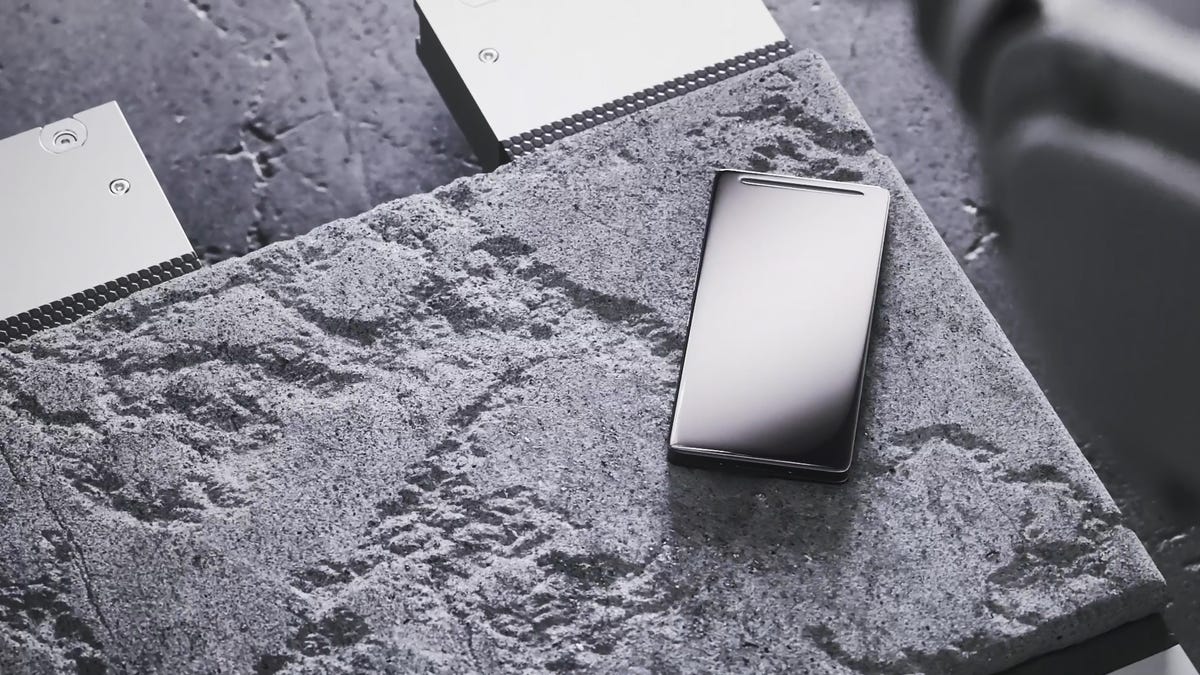Your Next Phone Could Survive Drops Better With New Gorilla Glass Victus 2
Corning says its new smartphone glass brings improved protection against drops on rough, hard surfaces.

Corning's Gorilla Glass Victus 2 should be better at withstanding drops against tougher surfaces like concrete.
If you want your next smartphone to be better at withstanding drops on concrete, then you better hope that Corning's new glass lives up to its claims.
The company introduced Gorilla Glass Victus 2 on Wednesday, the latest version of its durable glass for smartphones. Corning says the new glass should provide better drop resistance on rougher surfaces.
The announcement is significant because Corning's Gorilla Glass can be found on prominent phones from companies like Samsung and Google, possibly providing a preview of what to expect from next year's new devices. The first products to feature the new glass should hit the market in the next few months, although Corning couldn't share additional details. Corning's more durable smartphone glass arrives amid a renewed interest in extending the lifespan of mobile devices, for both environmental and economic reasons.
Among the biggest differences between Gorilla Glass Victus 2 and the current version is that the new iteration should better withstand drops on tougher surfaces. The new glass was able to endure falls from up to one meter onto a surface replicating concrete in lab tests, the company says. The current Gorilla Glass Victus, by comparison, was tested on surfaces meant to simulate asphalt.
"We had to find an even tougher test to interrogate the surface," said John Bayne, senior vice president and general manager of Corning's mobile consumer electronics division. "And concrete is exactly that. It's actually more challenging than asphalt."
The company uses materials that replicate concrete instead of actual concrete because real-world surfaces degrade after repetitive drops, Corning said.
Gorilla Glass Victus 2 should also provide better cover glass protection for larger and heavier phones, according to Corning. The test puck that the company uses to simulate the size and weight of a real phone during the testing process is now roughly 15% heavier to more accurately reflect today's larger size devices. That could be particularly useful for foldable phones like the Galaxy Z Fold 4, which weighs 263 grams, making it noticeably heavier than even the 228-gram Galaxy S22 Ultra. The Galaxy Z Fold 4's cover screen and rear glass already use Corning's Gorilla Glass Victus Plus, which is a version of the glass that's exclusive to Samsung's Galaxy devices.
Corning typically releases new versions of its glass every 18 to 24 months, Bayne said. But the arrival of Gorilla Glass Vicus 2 comes as consumers have been holding onto their devices for longer periods of time, underscoring the need for more durable products.
Data from Assurant, an insurance provider that also helps companies develop device trade-in programs, suggests that consumers are now waiting three and a half years before trading in their devices to upgrade to a new phone. Two smartphone screens are also cracked every second in the US, according to a 2021 report from the electronics repair brand UBreakIFix.
Part of the reason why people may not be upgrading their phones as frequently as they used to is that annual upgrades aren't as compelling as they used to be. But Bayne thinks there's still plenty of room for smartphone durability to improve, particularly when it comes to developing glass that's tough but also thin.
"Our work will never be done, to tell you the truth," he said.

